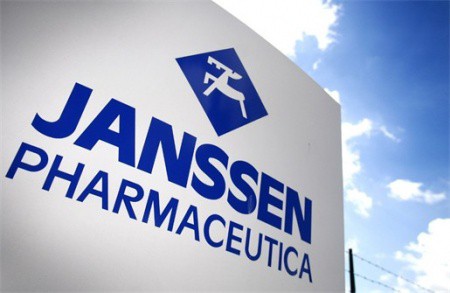
NICE recommends tenth diabetes drug
pharmafile | June 26, 2014 | News story | Sales and Marketing | Janssen, NHS, diabetes, invokana, type 2
In final guidance NICE has recommended Janssen’s Invokana as a treatment to help lower blood sugar levels in people with type 2 diabetes.
The oral, once-daily medication from the Johnson & Johnson subsidiary has been recommended as a treatment when taken with insulin, either alone or in combination with other antidiabetic drugs including metformin and sulfonylurea.
It is the tenth treatment aimed at lowering blood sugar levels approved by NICE. Others in the same class as Invokana (canagliflozin) include AstraZeneca’s SGLT-2 treatment Forxiga (dapagliflozin), which gained NICE’s backing last year.
Professor Carole Longson, director of centre for health technology evaluation at NICE says that treatment needs to be varied from person to person, and by recommending Invokana “we have added another clinically and cost-effective option to the armoury of antidiabetic drugs”.
Invokana belongs to a new class of drugs called sodium glucose co-transporter (SGLT-2) inhibitors, which work by blocking the reabsorption of glucose in the kidneys which is instead passed out of the body in the urine reducing blood sugar levels – a major goal of diabetes treatment.
Patients with diabetes often develop kidney problems, meaning new medicines such as Invokana are important to help reduce the stress on the renal system when passing sugar.
Annual costs are expected to be £476.39 (excluding VAT) for a 100mg daily dose. Thomson Reuters analysts are predicting it could generate sales of $468 million by 2016.
It also has the added benefits of modest weight loss (2%-4%) and blood pressure reduction, although it is not licensed for use in either.
In 2011 there were around 2.6 million people in the UK aged 17 or over with type 2 diabetes, a number that is steadily increasing with rising levels of obesity and inactivity.
If left untreated diabetes can cause nerve damage, blindness and kidney disease and reduces life expectancy by up to ten years.
It is expected to affect nearly 10% of the population by 2025 and is a competitive area for drug manufacturers, although the market is now becoming highly saturated by a growing number of medicines looking to cash in other the growth of the disease.
Emily MacKenzie
Related Content

NICE recommends migraine treatment for NHS use
The National Institute for Health and Care Excellence (NICE) has shared draft guidance recommending AbbVie’s …

CHMP recommends Novo Nordisk’s Awiqli for diabetes treatment
Novo Nordisk has announced that the European Medicines Agency’s (EMA) Committee for Medicinal Products for …

Roche shares data on novel solution for continuous glucose monitoring
Roche has shared the latest data on its novel solution for continuous glucose monitoring (CGM), …








